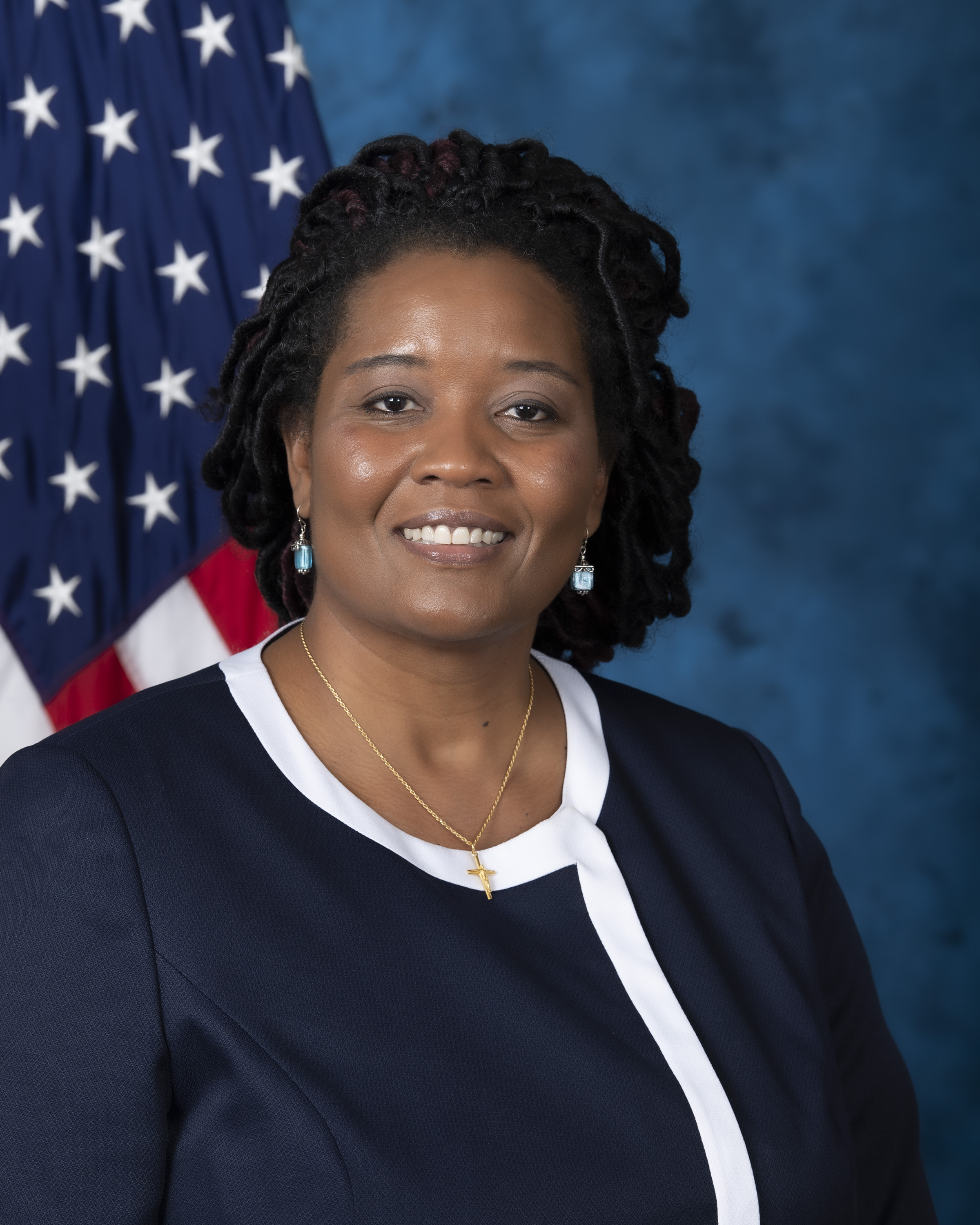National VA Chaplain Service
About Us/Leadership
Mission of the National VA Chaplain Service
The Mission of the National VA Chaplain Service: is to empower and equip Department of Veterans Affairs Chaplains to provide revolutionary spiritual care, utilizing innovative technologies, multi-tier platforms, broad-based programming, championing staff resiliency, and leveraging stakeholder engagement to maximize Veteran and family health outcomes.
The important mission of the VA’s Chaplain Service is to ensure that U.S. veterans have access to spiritual and religious care as part of their patient care services. This commitment extends to veterans’ family members as well. VA chaplains are on call around the clock, 365 days per year, to offer their wisdom and spiritual support to veterans and their families.
VA chaplains assist veterans, particularly those seeking treatment through VA Healthcare Systems, with religious, spiritual, moral, and ethical issues they may face. Whether just listening or providing insight into decision-making around advance directives and other end-of-life decisions, VA chaplains serve as an invaluable resource to U.S. veterans, military personnel, and their families.
Spiritual care offers concrete health benefits – research shows that VA patients who have chaplains involved in their health care leave the hospital sooner and better manage their pain and stress.
National VA Chaplain Service Leadership
| Veterans Health Administration (VHA) – National VA Chaplain Service | |
| National Director of National VA Chaplain Service - Kimberly R. Willis, M.Div., BCC |
 |
| Program Manager for Family Care and Bereavement of National VA Chaplain Service - Turner Andrew, DMin, APCE |
 |
| Program Manager for Transitional Care and Education of National VA Chaplain Service - Paul Dordal, DMin, BCC-MH |
 |
| Program Manager for Clinical Care and Professional Development of National VA Chaplain Service - Alicia Po Ching, DMin, ACPE, Certified Educator, BCC |
 |
Definitions
Spiritual and Pastoral Care – VHA spiritual and pastoral care is a total program of assessment and care, administered and overseen by chaplains utilizing the full spectrum of interventions, which include:
- Identify patients’ religious and spiritual needs and desires
- Address spiritual injuries
- Enhance the patient’s spiritual health.
Patient – A patient is an individual who is eligible for VHA care.
Chaplain – A VA chaplain is an individual meeting the qualification requirements of VA Handbook 5005, Part II, appendix F1, who provides spiritual, pastoral care and counseling in VA.
Clinical Chaplain – A clinical chaplain is an individual who meets all VA qualification requirements for Chaplain, and whose spiritual and pastoral care and counseling is characterized by:
- In-depth assessment, evaluation, and treatment of patients
- A high degree of integration into the total care and treatment program of a health care facility
- Close working relationships with staff members of other professional health care disciplines
Religion – Religion refers to all types of worship, sacrament, ceremonies, prayer, meditation, traditional observances, etc., by which individuals carry out their religious beliefs or through which they maintain or enhance their relationship with the focus of their religion. This includes wearing religiously significant clothing or jewelry, dietary customs, carrying or displaying religious artifacts, symbols, pictures, or scripture.
Spiritual – “Spiritual” has to do with that which is related to the “Spirit of Life.” Spirituality may be used in a general sense to refer to that which gives meaning and purpose in life, or the term may be used more specifically to refer to the practice of a philosophy, religion, or way of living. The word “Spiritual” is derived from the old Latin word “spiritus.” The English words “inspire,” meaning to breathe in, and “expire” meaning to breathe out, come from the same Latin root. The concept of breathing captures the meaning of the word “spiritual” in relation to that which is or is not “life giving;” therefore, spirituality may positively or negatively affect one’s overall health and quality of life.
Pastoral – The term “Pastoral” is an adjective derived from the image of the shepherd and is used to describe a relationship characterized by expressions of compassionate care, including spiritual counseling, guidance, consolation, empathetic listening, and encouragement. Describing care as pastoral may refer to the motivation or attitude of the caregiver. In VA, pastoral care refers to care provided by a chaplain, professionally educated and endorsed by a particular faith tradition to provide such care.
Holistic Care – “Holistic care” is whole-person care tailored for the individual patient’s needs and requests; it emphasizes the balance of the physical, environmental, mental, emotional, social, and spiritual aspects of human experience.





















